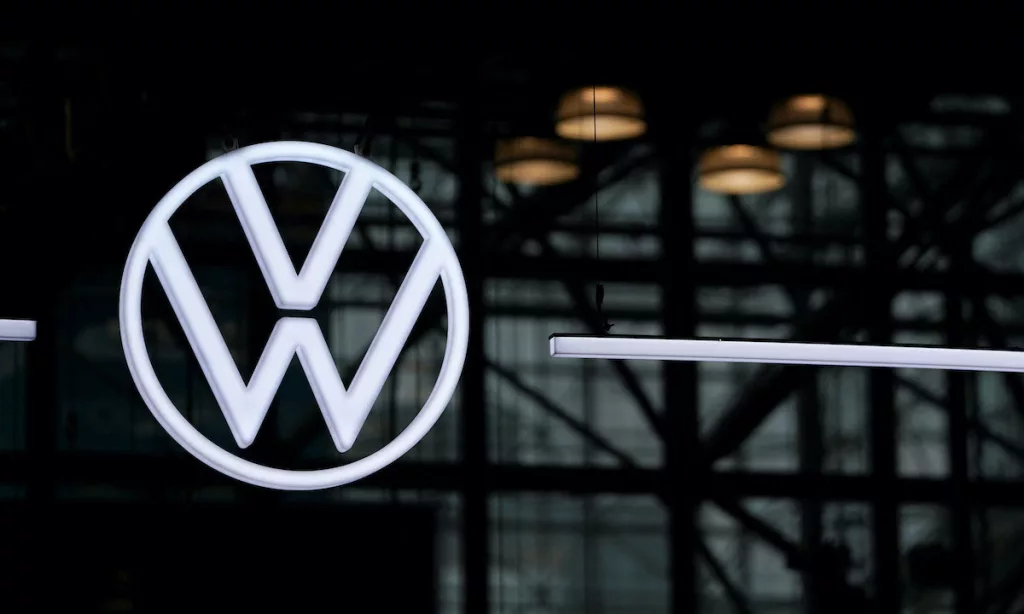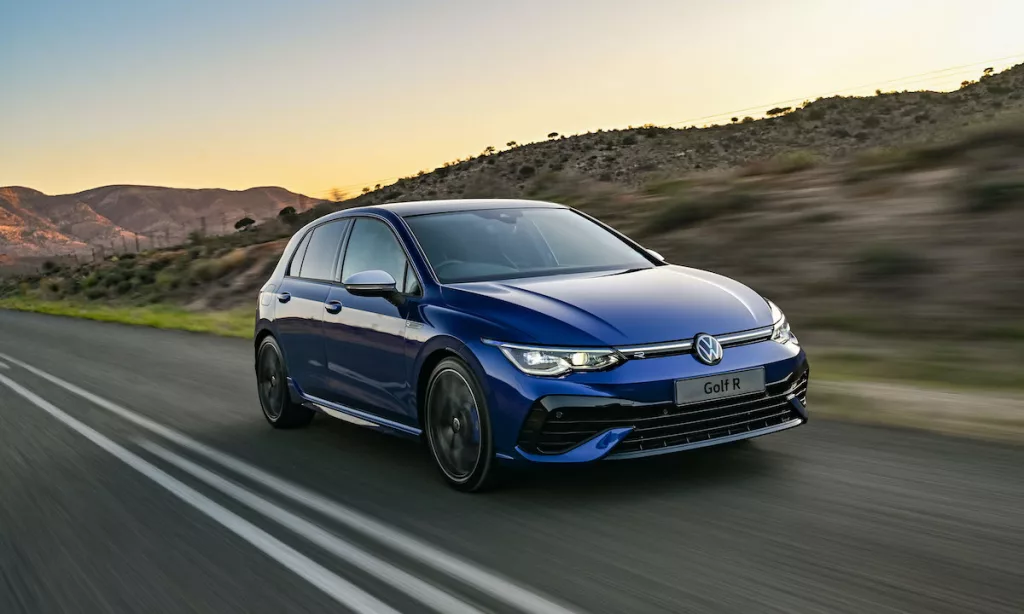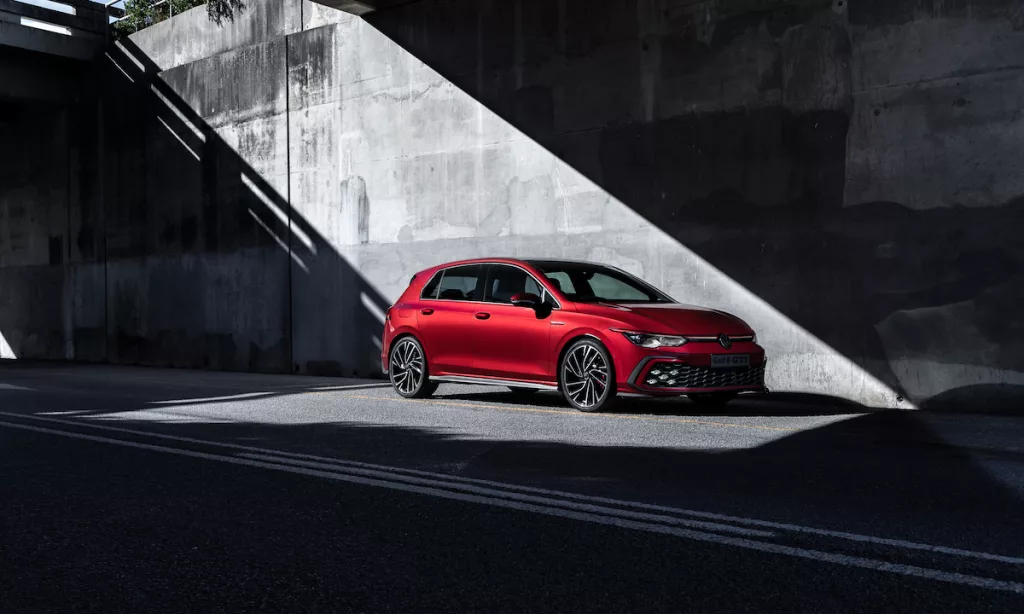Volkswagen wants Europe’s vehicle emissions rules postponed
While the regulations have been praised by environmental groups, some carmakers have raised concerns about the costs of compliance and the impact on their production schedules.

Volkswagen is calling for a delay in the implementation of Europe’s new Euro 7 emissions standards. The regulations, which were announced in November 2022, seek to reduce the number of pollutants released by petrol and diesel vehicles, as well as limit the amount of particulate matter produced by tyres and brakes.

Image: Volkswagen
While passenger vehicles, SUVs, and light commercial vehicles could be required to meet the new standards by mid-2025, heavy commercial vehicles have until 2027 to comply.
Volkswagen has expressed concerns that enforcing the regulations by mid-2025 could lead to significant disruptions in the production of many of its models. The company also argues that it needs several years of lead time to comply with the proposed limits on particulate matter from tyres and brakes. However, it did not provide a timeline for implementing the regulations.
Volkswagen is not the only carmaker to object to the new environmental restrictions. BMW and Renault have also voiced their concerns, however, Volkswagen’s brand boss, Thomas Schäfer, has acknowledged that the combustion engine’s days are numbered, and the company aims to have 80% of its annual sales be electric vehicles by 2030. Despite this commitment to EVs, Schäfer has dismissed the debate around e-fuels as “unnecessary noise.”

Image: Volkswagen
The proposed Euro 7 regulations represent a significant tightening of Europe’s emissions standards, which are already among the strictest in the world. The regulations aim to reduce the number of pollutants released by cars, SUVs, and light commercial vehicles by 90% compared to current levels. For heavy commercial vehicles, the target is a 50% reduction. The regulations also seek to limit the amount of particulate matter produced by tyres and brakes, which are significant contributors to air pollution in urban areas.
While the regulations have been praised by environmental groups, some carmakers have raised concerns about the costs of compliance and the impact on their production schedules. Volkswagen, in particular, has a significant number of models that would need to be updated to meet the new standards, which could cause delays and production bottlenecks.

Image: Volkswagen
Despite these challenges, many experts believe that the Euro 7 regulations are necessary to address the growing threat of air pollution in Europe. According to the European Environment Agency, air pollution is responsible for over 400 000 premature deaths in Europe each year, and it costs the EU economy an estimated €330 billion (more than R7 trillion) annually in healthcare and lost productivity.
Related: Stellantis says eFuel may reduce 400 million tons of CO2 emissions
Volkswagen’s call for a delay in the implementation of Europe’s new emissions standards highlights the challenges facing carmakers as they navigate the transition to a more sustainable future. While the Euro 7 regulations represent a significant step forward in reducing air pollution, the costs of compliance and the impact on production schedules cannot be ignored. Ultimately, it will be up to policymakers to balance the need for environmental protection with the economic realities facing the automotive industry.
The post Volkswagen wants Europe’s vehicle emissions rules postponed appeared first on CAR Magazine.




